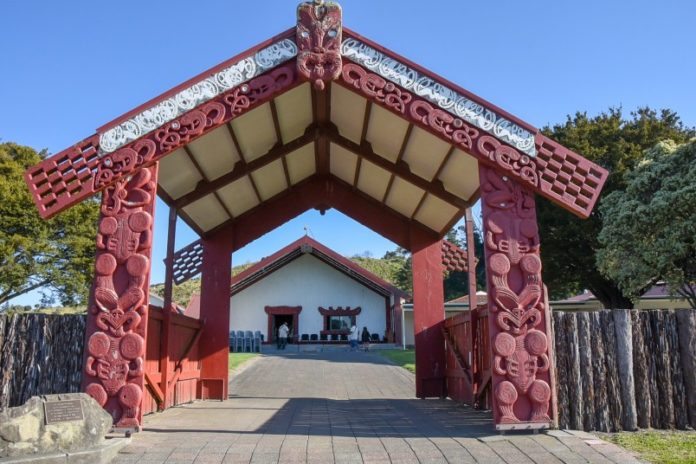Minister of Conservation, Poto Williams says Mātāuranga Māori is at the heart of the latest tranche of Jobs for Nature projects set to promote biodiversity and reduce impacts of climate change on Māori land.
Minister Williams said $11 million of Jobs for Nature funding will go towards supporting Māori landowners to employ at least 45 people across Waikato, Hawke’s Bay, Tairawhiti, Nelson, and Southland to undertake pest control, weeding, planting, and track maintenance.
“The funding will support Māori landowners to protect and restore their whenua, while providing iwi, hapū and whanau with long-term nature-based employment,” said Ms Williams.
The project work will include the creation of an ecological corridor in Tairāwhiti, protecting 60 hectares of indigenous forest near Nelson, and developing open water habitat at Waituna Lagoon in Southland.
“These projects will incorporate Mātāuranga Māori, building indigenous values-led conservation as a foundation for all New Zealanders. As well as deepening their connections to the whenua, project workers will undertake training and build skills which could enable them to pursue a career in conservation,” said the Minister.
$13 million will go towards Ngā Whenua Rāhui projects – the Ngā Whenua Rāhui Fund is a contestable Ministerial fund that facilitates the voluntary protection of indigenous biodiversity on Māori owned land, while honouring the rights guaranteed to Māori landowners under Te Tiriti o Waitangi.
The first group of Ngā Whenua Rāhui projects focus on significant conservation work on Māori owned land. They also create multi-year employment for local people, said Minister Williams. Collectively, the first group of projects totals approximately $3 million, she said.
The six three-year projects being funded are:
Whaia Titirangi, Tairāwhiti:
Te Poho o Rawiri Marae (pictured) received over $5 million to continue work to create an ecological corridor stretching from Titirangi maunga to Tatapouri. Up to 20 people will be employed to preserve and reintroduce several endangered species, and undertake erosion control, waterway restoration, and pest control work.
Tekateka Restoration – Project Mahitahi, Nelson:
Ngati Koata Trust received $999,150 to restore and protect 60 hectares of indigenous forest, which is home to native bird species and has significant cultural value for the iwi landowners. The project will employ five people to undertake pest and predator control, and plant riparian trees and other indigenous flora.
Te Matai Jobs for Nature, Hawkes Bay:
Te Matai Trust received $1,146,017 to employ five people on two Māori land blocks totalling 3399 hectares. Work will include pest and weed management mustelids, and approximately 35.1km of track maintenance. The project will develop a skilled workforce to meet requirements of Māori Whenua organisations.
Ngā Whenua Māori o Te Nehenehenui, Waikato:
Through the $1,753,677 funding Wai Ora River Care Limited will support three Māori freehold land trusts across five blocks to undertake pest control and plant 80,000 native trees. The project, which will employ nine people, will also help to protect two significant historic sites – Karuotewhenua and Te Anaureure o Maniapoto.
E Hoki Mai Ra Whenua Collective in Mahia, Hawkes Bay:
Rongomaiwahine Iwi Charitable Trust has received $1,251,000 to continue a pest eradication programme targeting possums, rats, and mustelids. The project, which will employ five people, focusses on the protection of endangered species like Shore Plover, Matuku and Dotterel within the Mahia Peninsula and is jointly undertaken with the Hawkes Bay Regional Council.
Pā Mahinga Kai delivered by Te Wai Parera Trust, Southland:
Te Wai Parera Trust has received $920,000 to employ five people to create open water habitat in the lower Waituna Lagoon catchment for native bird and fish species including tuna and wai koura. The project will also undertake pest control and planting as part of the conversion of 40 ha of incumbent pastoral land owned by Awarua Rūnanga (Ngāi Tahu). This will enhance water quality in the area which adjoins the internationally significant Waituna Lagoon RAMSAR site.



